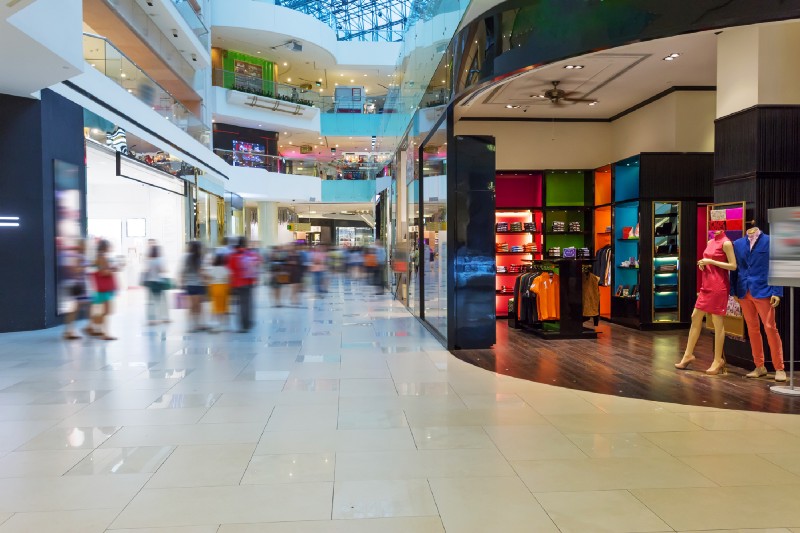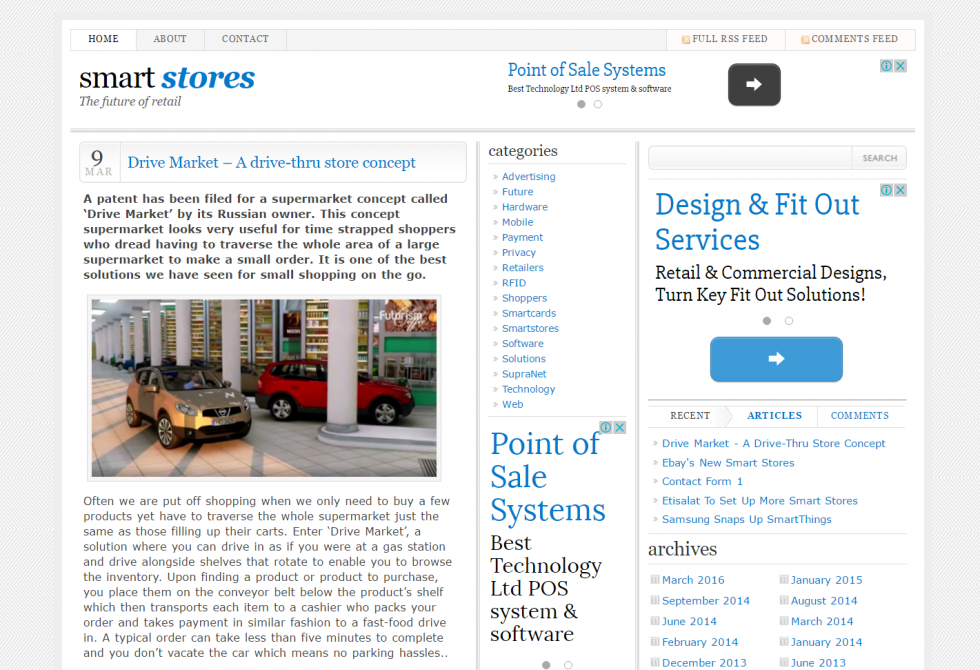With hidden cameras seemingly everywhere and RFID tags increasing, what are the implications for our lives?
David Lyon is studying the ceiling in an Ottawa coffee shop, searching for hidden cameras. A leading figure in the fast-growing field of surveillance studies, the Queen’s University sociologist is only too aware of the many ways we’re all being watched.
Closed-circuit TV cameras, like the ones likely concealed in the coffee shop ceiling, are among the most common. Since 9/11, their use has exploded worldwide. Britain now has an estimated 4.2 million CCTV cameras — one for every 14 citizens. People in central London are now caught on camera about 300 times a day.
CCTV cameras is just one surveillance tool. Others include radio frequency identification (RFID) chips, GPS location trackers, website cookies, facial recognition software and store loyalty cards. Computer programs used by security services can monitor and analyse billions of phone calls and e-mails in real time. We even make it easier for our trackers by willingly disclosing pieces of our lives on social networking sites like Facebook or in online contests and questionnaires.
“We are inadvertently handing over to centralized authorities an infrastructure of visibility the likes of which no society has ever seen before”. Surveillance technology can provide a safer and more productive world, but is this type of society really beneficial?
Read more: vancouversun.com



















